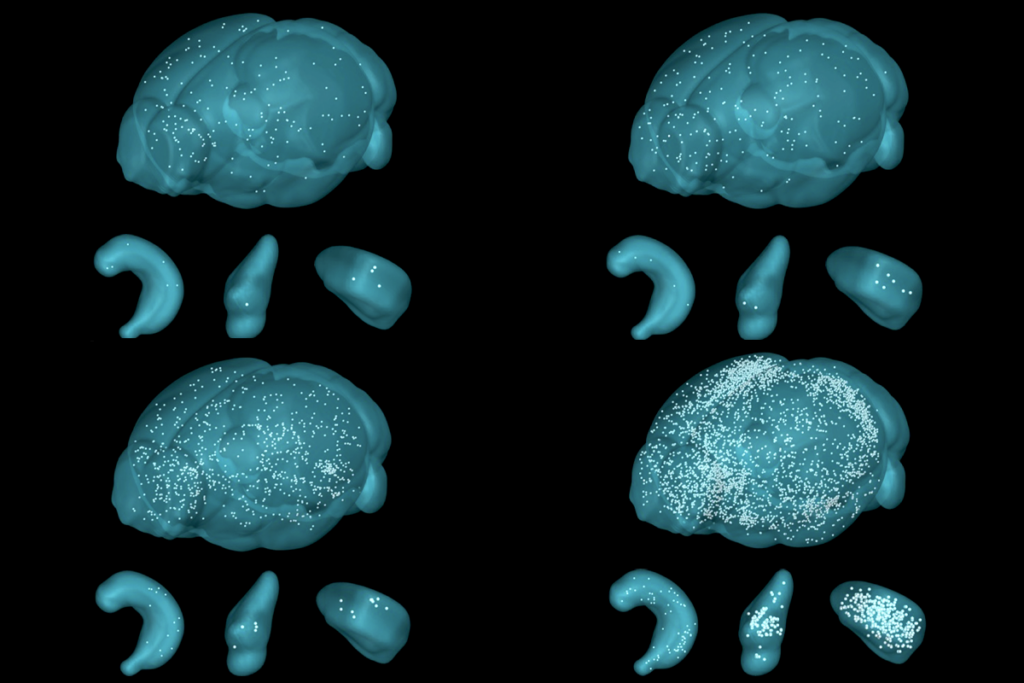Genetics: Link between melatonin and autism remains elusive
Some Chinese individuals with autism have rare mutations that may disrupt the production of melatonin, the hormone that regulates sleep, according to a study published 17 January in PLoS One.
Some Chinese individuals with autism have rare mutations that may disrupt the production of melatonin, the hormone that regulates sleep, according to a study published 17 January in PLoS One1.
The enzyme ASMT converts the chemical messenger serotonin to melatonin. A 2007 study found an association between some common variants in ASMT and autism2. The new study found rare mutations in ASMT in some Chinese individuals, but did not replicate the association between common variants in this gene and autism. Another 2007 study also did not find a link between common variants in ASMT and autism3.
People with autism often struggle to get regular and restful sleep, but may sleep better if they take melatonin supplements. What’s more, some studies suggest that they have lower levels of melatonin in their blood than controls do.
In the new study, researchers looked at ASMT in 398 individuals with autism and 437 controls, all of Chinese descent. They found that six people with autism have one of four rare mutations that are likely to disrupt the ASMT protein. None of the controls have these mutations.
Studies should confirm these findings and find more rare variants by including more participants, the researchers say.
Although the link to autism is inconclusive, studies have also reported a link between ASMT and other neurological disorders, including bipolar disorder and schizophrenia4, 5.
References:
1: Wang L. et al. PLoS One 8, e53727 (2013) PubMed
2: Melke J. et al. Mol. Psychiatry 13, 90-98 (2008) PubMed
3: Toma C. et al. Mol. Psychiatry 12, 977-979 (2007) PubMed
4: Etain B. et al. Hum. Mol. Genet. 15, 4030-4037 (2012) PubMed
5: Park H.J. et al. J. Mol. Neurosci. 45, 304-308 (2011) PubMed
Recommended reading
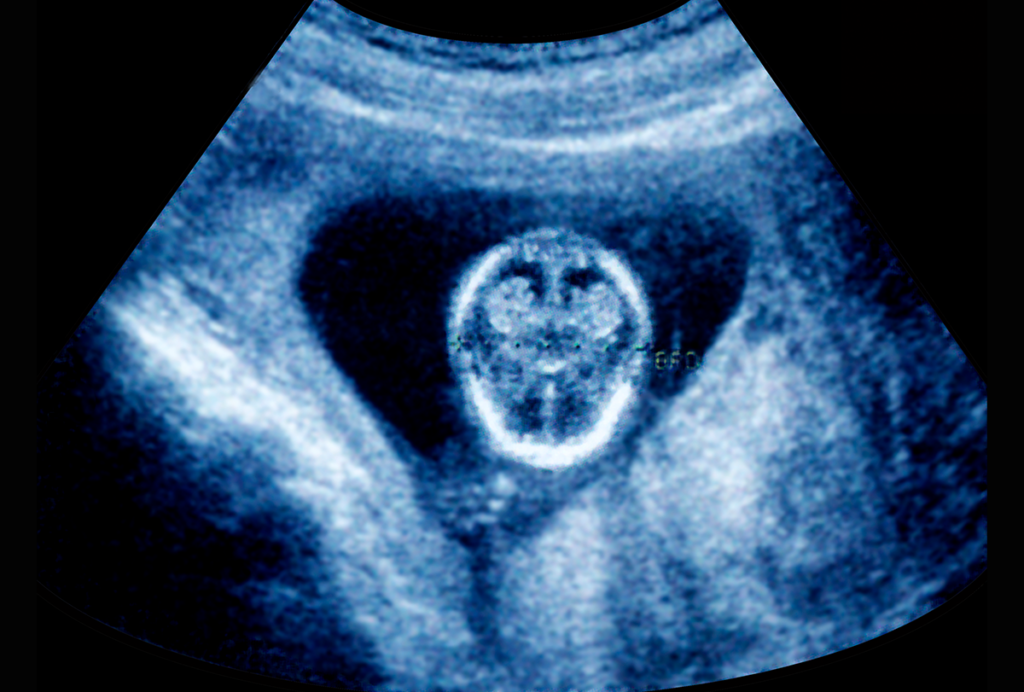
Gene-activity map of developing brain reveals new clues about autism’s sex bias
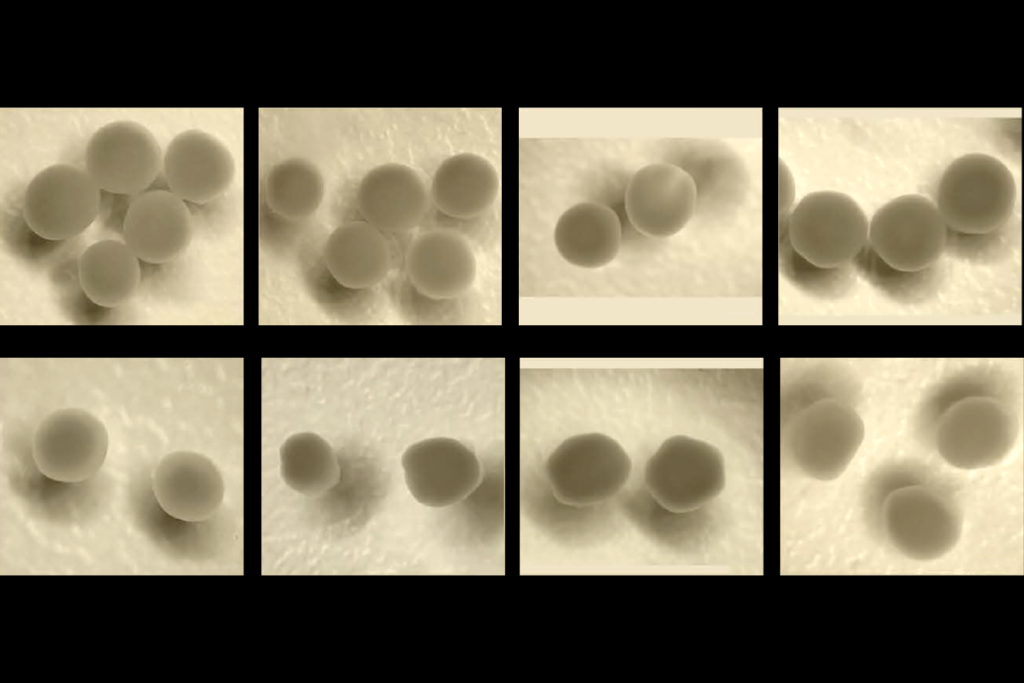
Parsing phenotypes in people with shared autism-linked variants; and more
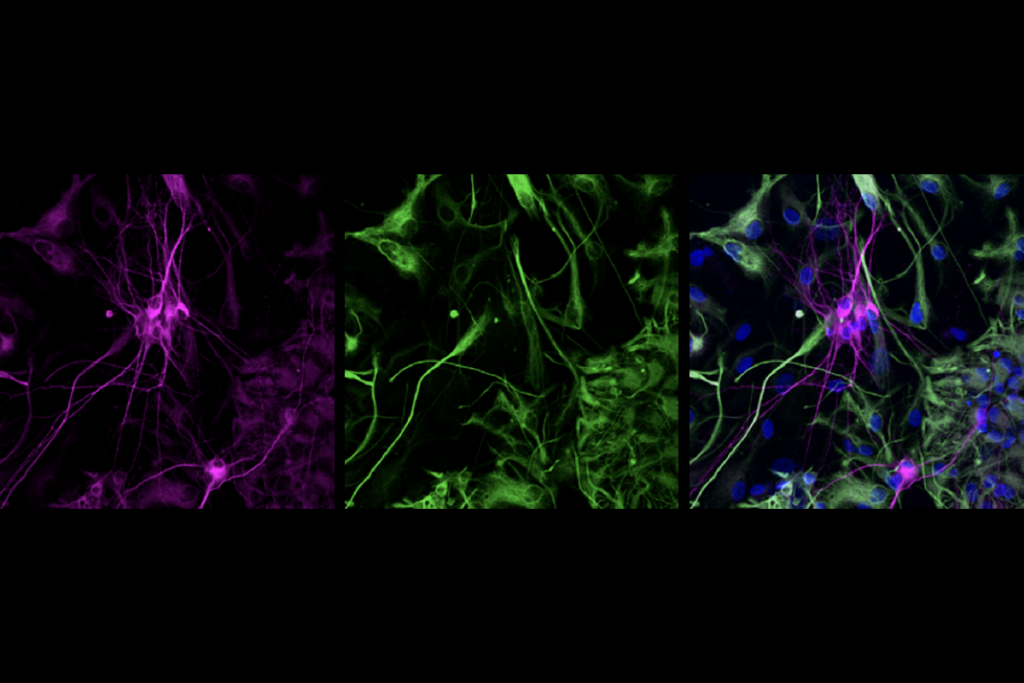
Boosting SCN2A expression reduces seizures in mice
Explore more from The Transmitter
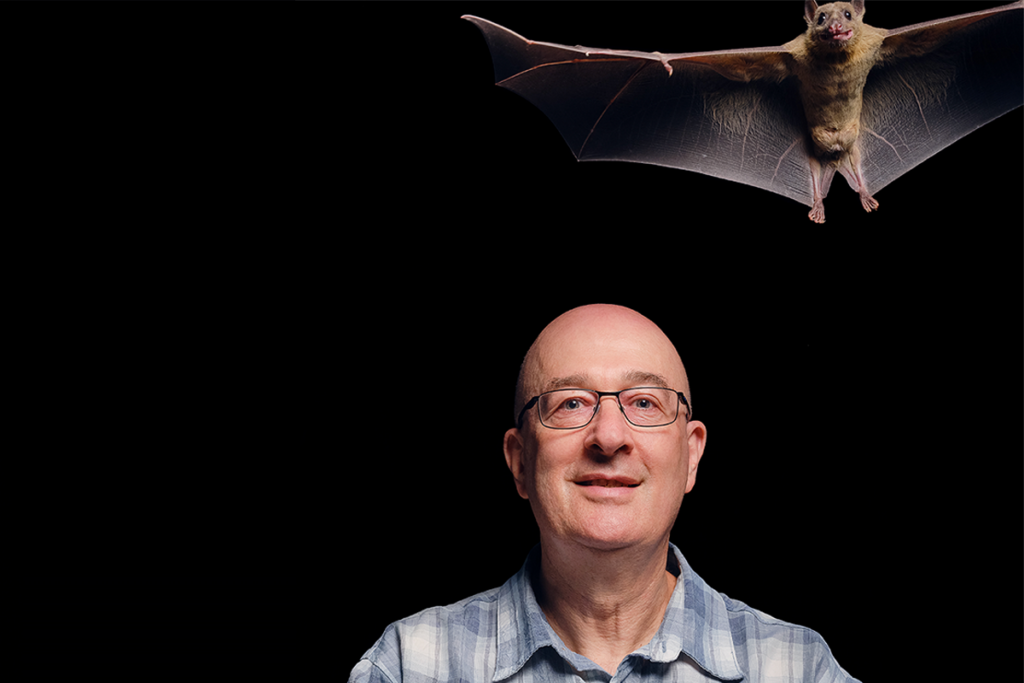
Diving in with Nachum Ulanovsky
